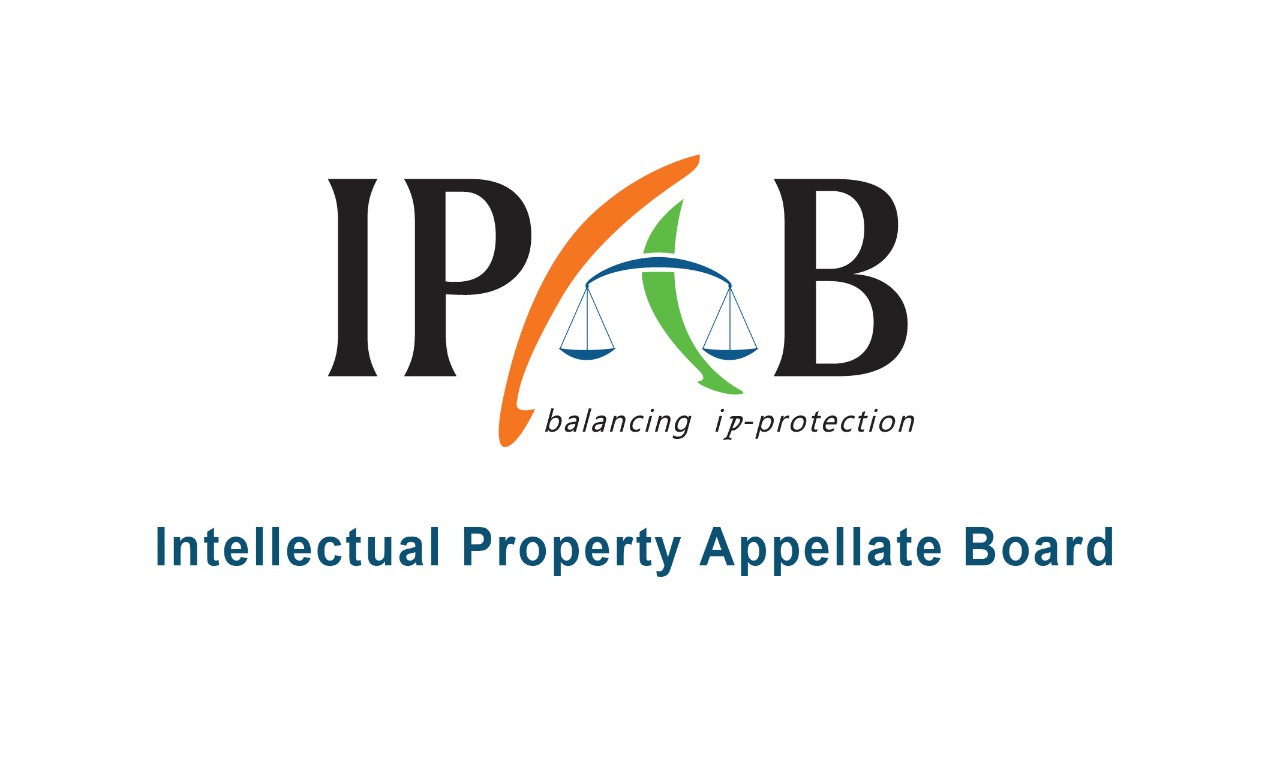
COPYRIGHT INDUSTRIES – CAUGHT BETWEEN A ROCK AND A HARD PLACE?
The Tribunals Reforms (Rationalisation and Conditions of Service) Bill, 2021 introduced in the Lok Sabha on February 13th, 2021 aims to dissolve 6 of 19 Tribunals constituted under different legislations including intellectual property legislation including the Copyright Act, 1957, Patents Act, 1970 and Trade Marks Act, 1999 etc., and transfer their functions to commercial courts or high courts.
The Bill which is likely to have a significant impact on the copyright sector, proposes to dissolve the Intellectual Property Appellate Board or “IPAB” which is tasked under the Copyright Act, 1957 with hearing appeals from decisions of the register of copyrights as well as appeals against tariffs of registered Copyright societies and acting as a “rate court” tasked with setting statutory license or compulsory license fee rates under the various provisions of the Copyright Act, 1957.
To be clear, the IPAB has been plagued with inefficiency for a long period of time due to the IPAB either not having a full time Chairperson (between May 2016 and January 2018) or on other occasions technical members (between 2016 and 2020) on the patents and copyright benches. This resulted in a substantial backlog of over 2500 Patent, Copyright and Trademark Appeals and cases. The adverse impact of the hobbled IPAB was felt directly in cases where invalidity challenges had been filed against Patents and in relation to the copyright sector, due to the inability of the IPAB to conduct hearings to fix statutory licensing rates for Radio and Television under Section 31D of the Copyright Act.
The question is whether the transfer of the IPAB functions to the courts i.e., the commercial division courts or the high court appellate side will better serve the interests of the copyright sector?
At first flush, the transfer of the IPAB’s functions to commercial courts and High Courts appears to be just the medicine the doctor ordered. Judges in the Indian high courts, though generalists by background, have proved themselves adept at handling complex patent, copyright and other IP cases. Overall the commercial court system has also expedited the pace of civil litigation and, some would argue, even elevated the level of jurisprudence. This would suggest that the courts system is the perfect system to absorb the IPAB’s functions.
On the other hand, the High Court’s themselves have a considerable backlog of cases and most are not functioning according to their sanctioned strength- simply put we don’t have enough judges in the High Courts. News reports show that some high courts in India are functioning at less than 50% of their sanctioned strength. The Delhi High Court was functioning with a vacancy rate of 46%. On all India basis, as against a sanctioned strength of 1,079, 404 judicial posts were lying vacant across the various High Courts in India.
There is also the issue of exactly which commercial court in India will conduct hearings and fix the rates for Statutory Licenses for instance under Section 31D of the Copyright Act. Clause 4(e) of the New Bill which accords functions of the IPAB under Section 31D (among other provisions) simply vests this function with the “Commercial Court”. The new Bill does not provide any clarity on this aspect because it does not accord this specific responsibility with a specific court in a specific state- resulting in a very real possibility of multiple commercial courts across the country conducting Section 31D hearings and arriving at contradictory license conditions and worse, different statutory license fee rates. Imagine commercial courts situated in Delhi, Mumbai, Kolkata and Chennai or even Ranchi conducting hearings under Section 31D.
Thus, from one tribunal which would hear and set rates for statutory license fees, Industry would now be faced with the possibility of multiple benches all eager to hear such cases, potentially leading to disastrous consequences for both rights owners and for radio and television industry.
The IPAB conducted hearings under Section 31D for the Radio Broadcast sector. These full day hearings conducted across the entire month of November 2020 on a day-to-day hearing was unprecedented in number of parties, size and volume of pleadings and information filed before the IPAB. More than 50 parties took part and unlike the general adversarial proceedings before commercial courts, these hearings consists of multiple rights owners, radio stations all filing submissions / suggestions for optimal royalty rates. expert reports also accompany submissions which must be dealt with by the courts. These hearings conducted by the erstwhile Chairman of the IPAB Mr Justice Manmohan Singh (Retd.) with two technical members Mr Chockalingam and Mr Surya Senthil were marathon sessions which finally culminated in a detailed Judgement on 31st December 2020. This type of sustained hearing may not be possible before a commercial court which has its own backlog of various matters.
So what then is the solution? Simply transferring the IPAB’s burden to the commercial courts will not suffice because this will result in contradictory orders across India in relation to statutory licensing. A solution could be to:
The IPAB currently is functioning without a Chairperson. For years, courts in India have employed innovative jurisprudence to counter the effect of executive apathy to tribunals. The new Bill is a welcome step to radically change the system- one can hope that this opportunity is not lost because the practical consequences of the current proposal are overlooked.